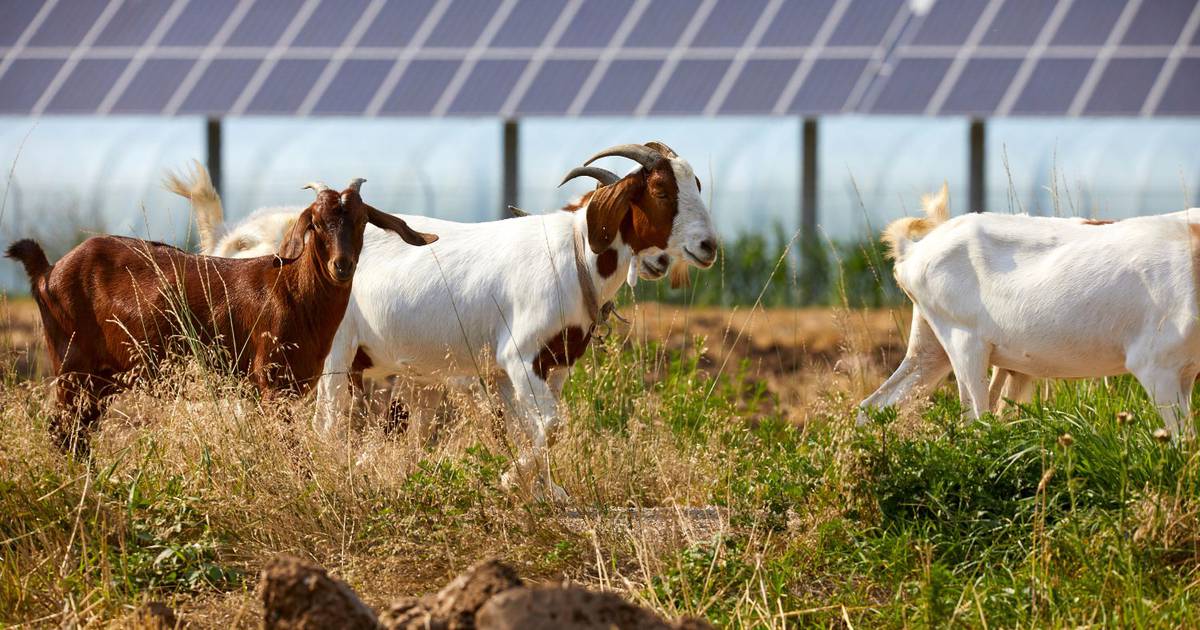Croatia, as one of the ten countries in the European Union, has a legal framework in place for the introduction of agrosolar technology. However, farmers and analysts in the country are still uncertain about the full potential of using electricity generated from this renewable source. Agrosolars are solar panels that are strategically placed on agricultural lands or near crops to convert solar energy into electricity for use in agricultural activities.
Marko Karoglan, a professor at the Faculty of Agriculture in Zagreb, admits that there are many uncertainties surrounding the effectiveness of agrosolar technology. To address these concerns, agronomists, farmers, renewable energy specialists, and decision-makers from local, regional, and national levels recently gathered in Šibenik for the 4th Mediterranean Agricultural Forum AGROMED. The forum aimed to bring stakeholders together to discuss the importance of this 21st-century technology.
In Croatia, only one cattle farm in Ivanac, located in the northern part of the country, currently utilizes agrosolar systems. This lack of extensive implementation has left many questions unanswered regarding the potential benefits and drawbacks of these systems. The forum served as a platform for Professor Karoglan to educate attendees on the workings of agrosolars, highlighting their advantages and disadvantages.
One of the main concerns regarding agrosolar technology is its impact on agricultural production, especially in light of climate change and evolving farming practices. Agrosolars are seen as a way to address these challenges sustainably. However, the effectiveness of these systems largely depends on achieving a certain yield threshold. If the yield falls below this threshold, agrosolar plants may need to be dismantled, as noted by Karoglan.
Despite the initial skepticism among farmers about adopting agrosolar technology, there is growing interest in exploring its potential benefits. Large amounts of land in Croatia are deemed suitable for agrosolar plants, which could lead to a significant increase in electricity production through renewable sources. The installation of agrosolar systems in Croatia could potentially be supported by EU funds and state incentives, aligning with the EU’s “Green Plan” to reduce harmful emissions from electricity production by 2050.
As Croatia contemplates further adoption of agrosolar technology, ongoing research, test areas, and stakeholder collaboration will be crucial in gauging its long-term impact on the agricultural sector. The road ahead may involve cooperative initiatives, financial investments, and policy support to unlock the full potential of agrosolars in Croatia’s farming landscape.
